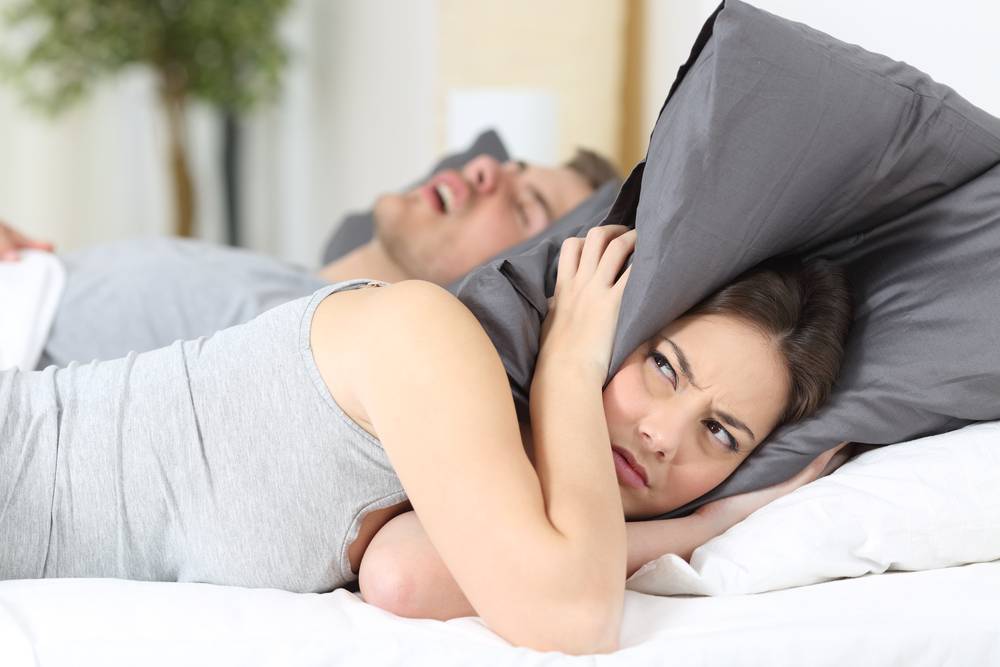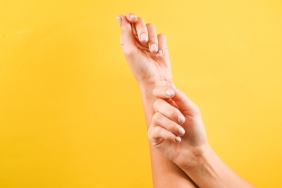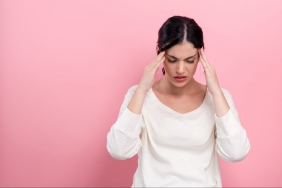Learn your risk of Sleep Apnea. Sleep Apnea affects 1 in 5 people in Turkey.
Sleep apnea is a dangerous health problem that affects one in every 5 people in our country and that many people experience without realizing it. Neurologist Dr. Mustafa Emir Tavşanlı emphasizes that this disease spreads rapidly and is frequently seen at young ages. Sleep apnea is the second most common sleep disorder after insomnia, and if left untreated, it can seriously reduce the quality of life and even lead to sudden death.
 Learn your risk of Sleep Apnea. Sleep Apnea affects 1 in 5 people in Turkey.
Learn your risk of Sleep Apnea. Sleep Apnea affects 1 in 5 people in Turkey.Problems such as snoring, waking up feeling suffocated, occasional interruption of breathing during sleep, sweating, waking up tired in the morning, headache, irritability throughout the day, and difficulty focusing are symptoms of sleep apnea. These symptoms may vary depending on the severity of the disease. Tavşanlı states that sleep apnea is more common at young ages due to unhealthy nutrition and inactivity, especially with the increase in obesity in recent years.
Risk Factors Are Important
Dr. Tavşanlı states that, according to research, obesity is the most important risk factor for obstructive sleep apnea. In addition, a short neck structure and a narrow anatomical structure of the airway in the throat also increase the risk. Tavşanlı said, “Breathing interruptions during obstructive sleep apnea cause oxygen levels to decrease and this can damage tissues. “At the same time, sudden increases in blood pressure can increase the risk of heart attack and stroke.”
Sleep Apnea Test
A simple screening test can be used to determine the risk of obstructive sleep apnea. Here is Dr. 8-question sleep apnea test prepared by Tavşanlı:
- Do you snore loudly? (Enough to be heard even when the door is closed)
- Do you often feel tired, exhausted or sleepy during the day?
- Has anyone seen or told you that you stop breathing in your sleep?
- Do you have high blood pressure or use blood pressure medication?
- Is your body mass index 35 or higher? (Weight / Height^2)
- Are you 50 or over?
- Is your neck circumference wide? (43cm for men, 41cm or more for women)
- Are you man? (BSHA – Science and Health News Agency)

















